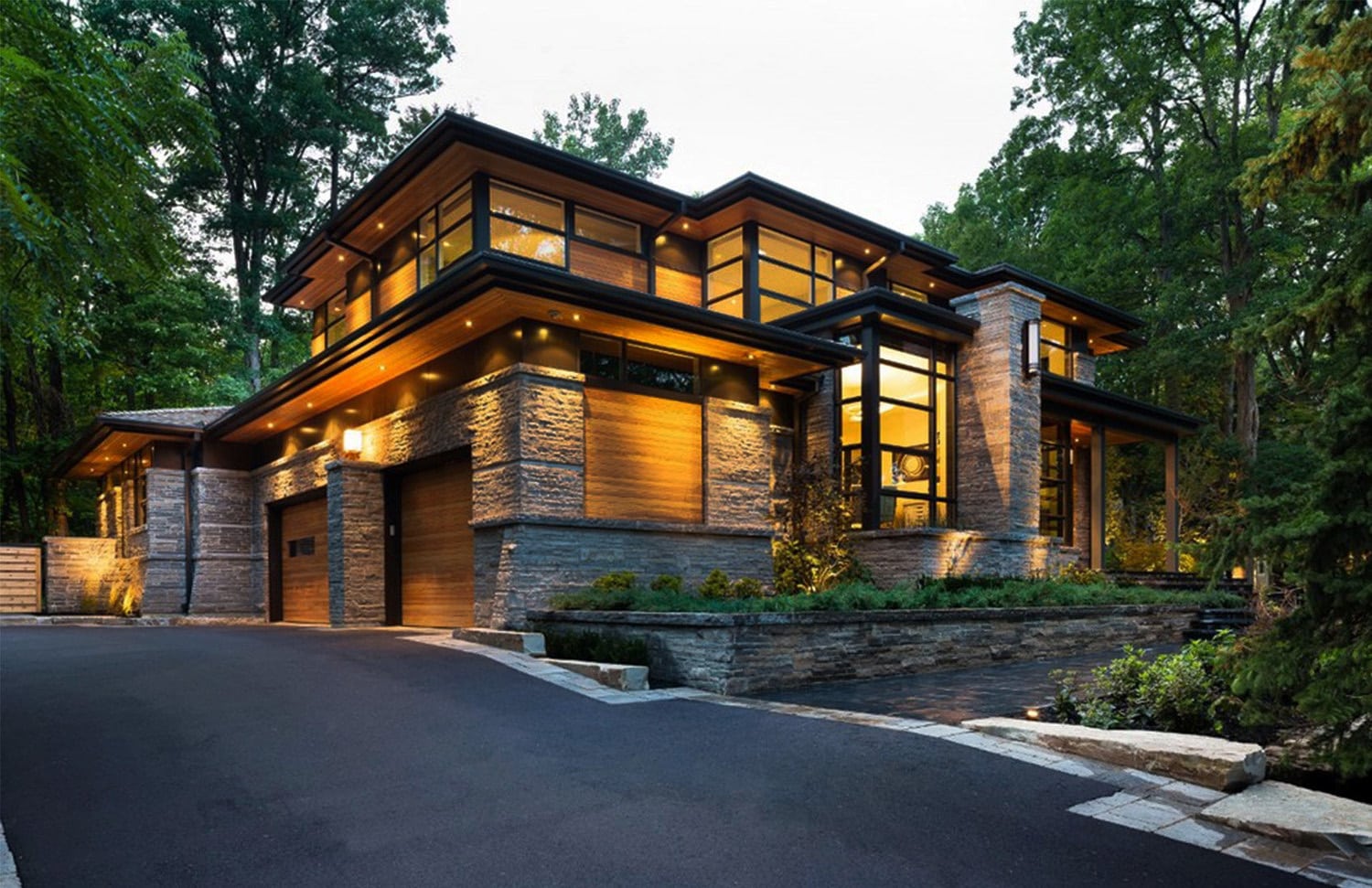August 8, 2019 | Good to Know
The Biggest Real Estate Mistakes We Make – Decade By Decade
With every stage of life, we have new and evolving challenges, demands and responsibilities to handle. Our relationship to money is complex and nowadays with real estate affordability being at an all-time low, it is only making it harder to navigate our decisions. Here is a decade by decade detailing of some of the biggest real estate mistakes we typically make.
If you are curious where the best places to live in Toronto are decade by decade be sure to check out
Where to Live In Toronto.
Our 20s – Not Taking Enough Risk
Remember when we could live on pizza that was as appetizing as the cardboard box it came in? How we could live with 5 friends, do no dishes and just be happy to be out of our parent’s house? Those early years in your twenties could really set the tone for this decade, in a sense. Imagine continuing to live that frugal approach to clothes, food and housing? Life was pretty easy back then. So very simple as you stepped out into the world on your own. Imagine if you had purchased a home early on, with every penny you could muster up (and maybe a small loan from the
Bank of Mom & Dad)?
Very few people purchase until they are 26 years of age, or so I have found in my experience. If you could have taken a little more risk early on you would be mastering the power of compounding interest from the real estate market. I recently had a client who is 20 years of age buy a condo to rent out. Pretty incredible that he is stepping out onto his
first wrung of the property latter. The learning through experience will be incredible for him. I can assure you that his friends will be wowed in their later 20s, if not already. This step into a calculated risk is fantastic. I must tip my hat to his decision!
Our 30s – Overwhelmed by Your Options
This is the decade when people begin to really make huge commitments. This is a time when you see incomes jump from entry-level salaries which presents a higher purchasing power. It is also a time when many people get married and decide to have children. All of which are big decisions that have a financial implication of no small magnitude.
Many people enter this stage of life thinking that they too can have the same lifestyle as their parents. Forgetting that the reality is that their parents built their holdings over decades of effort and commitment. The increase in income brings a boost of confidence however the disbursement is something that needs to considered wisely. Some people tend to live too large, build up too much debt just to keep up the appearances of what they want. Buy a house that is too large, too expensive for their current needs. To compound the problem more and more people see that real estate can provide a longterm income stream, so they look to have a principle home and an investment property. Maybe biting off more than they can chew all at once.
Our 40s – Underestimating Expenses
Welcome to the decade where life gets far more expensive! The previous decades’ decisions have brought you to where you are today. The too big costs is the home purchased (and maybe an even bigger one now) plus the kids (Whether that be private school or tutoring? University?), life’s costs are adding up.
The big mistake here is that some people do not pay down their mortgage quickly. It’s seriously worth considering annual lump sum payments into the mortgage or accelerated payments while also rounding the payment number upwards to the nearly 100s, 50s (whichever one you can handle with a little bit of a stretch). Keep in mind that your financial acuity today will have an impact on your retirement lifestyle.
Our 50s – Playing Catch Up
You have probably guessed what is coming here…How is that retirement fund doing? Gulp, most people have overlooked this as they chose to live in the moment and overspend on more frivolous considerations versus paying down debts and keeping an eye on the horizon.
The upside to playing catch up is that people are still in high income earning years and hopefully the carrying costs for that mortgage are easier to manage – so you can sock away more equity. The downside is that the time value of money is not on your side to make the investment numbers you may have hoped for. Be patient here. It’s a bit like driving a car, keep two hands on the wheel, an eye on the road right in front of you and an eye on the horizon for whatever issues may becoming.
Our 60s – Not Having A Plan
As we get older our balance sheets get more challenging. We are living longer and longer. At this stage, some realities have really begun to kick in. For one, acute health issues become more common. It is not uncommon for people to have overestimated their abilities (ie capacity or desire to work) and underestimated their capacity to handle new expenses ahead. Many people have not saved up for their retirement so their home is likely their primary “nest egg”.
You need a roof over your head so now what do you do?
What is the plan for the house in the coming years? Is it worth investing in an additional home or condo? To begin the financial downsizing to free up more capital for life’s interests and expenses? Not thinking these options through can hurt or cause abrupt, major lifestyle changes in our late 60s, 70s and 80s.




